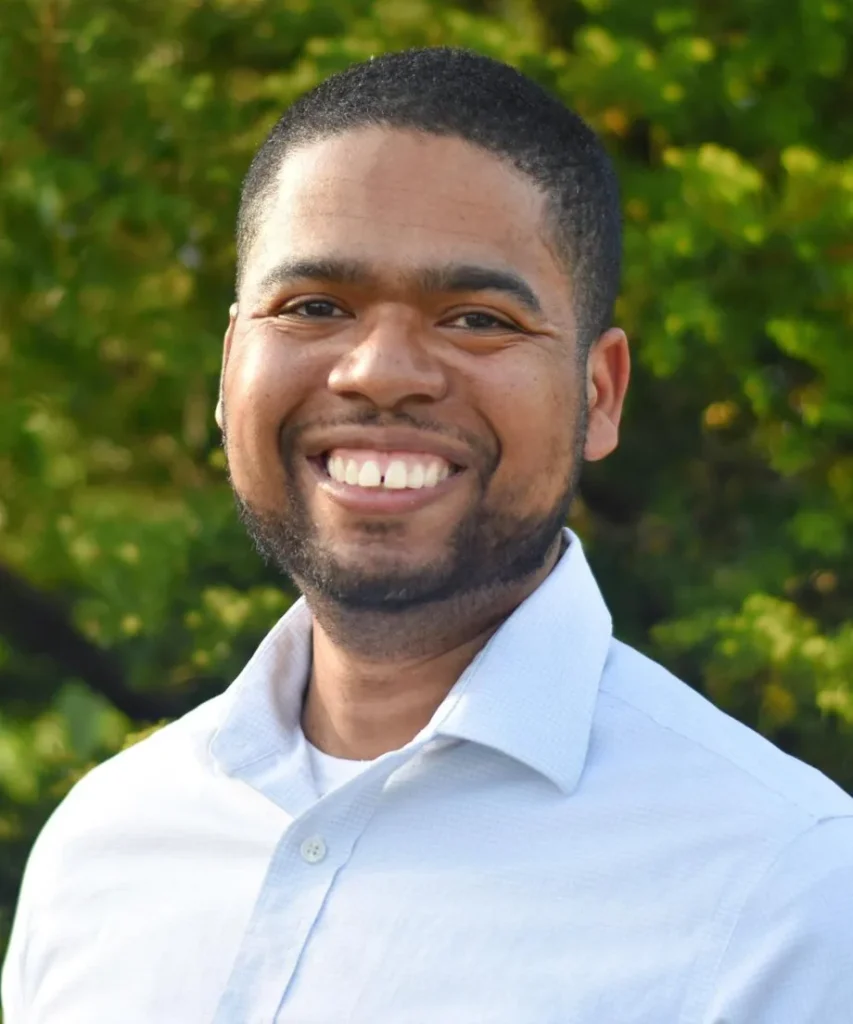Whether you’re a seasoned Political Science or International Relations (PSIR) major, looking to complete your Social Inquiry (SI) or Global Perspectives (GP) tags, or simply taking a class for fun, writing in this discipline requires a balance of clear argumentation, evidence-based analysis, and precise style. But don’t panic! Writing in PSIR is a skill that anyone can develop with the right approach. This guide breaks down the key steps to help you not only survive your next PSIR assignment, but (absolutely) crush it.
Focus Up & Calm Down (Consult the Instructions)
Getting started on any writing assignment can be stressful and difficult. Dr. Michael McKoy, current Chair of the Political Science and International Relations Department, advises: “focus up and calm down.” Your resources are right in front of you – find the prompt, the rubric, and get to work. First, look at the assignment’s point values – these are a good indication where your effort should lie. Not every assignment will be a 20-page research paper; some assignments only require two to three pages of focused reflection. But, this does not mean you should put minimal effort into the assignment or neglect the rubric entirely. McKoy states: “If you don’t include something that was [in the rubric], that’s not good.” Structure your writing with the rubric and expand on your thoughts and ideas as you go.
focus up and calm down
Dr. Michael McKoy, Chair of PSIR Department, Wheaton College

Cite, Cite, Cite! (Using Sources & Evidence)
You will have to deal with different types of evidence in any political science or international relations paper. Dr. Amy Black, Professor of Political Science, emphasizes seeing the difference between primary and secondary sources. Primary sources can give you direct information and raw data on their subject from the perspective of the author, and secondary sources offer arguments or commentary on primary sources and their use.
Leave behind the formulaic way of writing and analyzing sources you learned in high school courses! This is something that Black thinks is critical to adjusting to college-level writing in the PSIR field. Use your knowledge from the class, and don’t be afraid to do a little extra research if you don’t fully understand a source’s content! McKoy often exemplifies how knowing the historical context of any given situation within research is a tremendous benefit. (Check out Duke’s or UNC’s guide to writing in political science, or some other books on this field of writing).

Each class and professor’s preferred citation style is a little bit different. Black’s class uses a “Chicago-ish” citation style, while McKoy’s uses a mix of APA and Chicago. Properly citing is vital to the integrity of your paper. Take time to understand the citation style that your professor/class uses. Citation resources can usually be found on your classes’ Canvas pages, but also don’t be afraid to come to the Writing Center for clarification! You can even make an appointment with one of our consultants within the PSIR department (like me!) and is familiar with writing in this discipline.
Edits Can Never Hurt
Writing multiple drafts is never a bad thing. Especially writing at least more than one draft will significantly help your writing skills. For example, Black emphasizes that writing assignments are supposed to be strictly analytical, with “little to no opinion” in the paper. Any passionate PSIR student may tend to “bleed” an opinion into the paper. Taking inventory of certain words or phrases that you used in your analysis could reveal some more opinion-heavy interpretations, rather than analysis.
But being passionate is not a bad thing; in fact, McKoy strongly encourages to be “spiritually and personally invested in research – it pays dividends.” Research what you care about, so that way you can grow in something that will help you understand other things down the road (and, to be honest, so that you don’t get bored in the process!).
Don’t Be Afraid! Take the Class(es)
Other than Black’s blunt “well [students] obviously should take [PSIR classes],” she asserts “whether you like it or not, you have to deal with the political environment as it is.” No matter where you end up in your career, politics will affect your day-to-day life and workplace. Any profession deals with government and public policy, and understanding American (or other) government(s) and the political environment could give you an advantage you can carry with pride.

Whether you like it or not, you have to deal with the political environment as it is.
Dr. Amy Black, Professor of Political Science,
Wheaton College
Also, “it’s a great way to see if you’re interested in politics,” says McKoy, “and a great way to learn about the world.” Wheaton College is a liberal arts school with plenty of opportunities to take classes outside of your major, and I would argue no other field has the application breadth that political science or international relations classes do. Next time you’re registering and thinking about taking a PSIR class (because I know you are!), remember that you can absolutely crush your writing assignments.
One reply on “How to Crush Your Next PSIR Assignment”
Cade, this is just so wonderful and helpful when I am trying to complete my PSIR class. Thank you for saving my children in 1999 too.